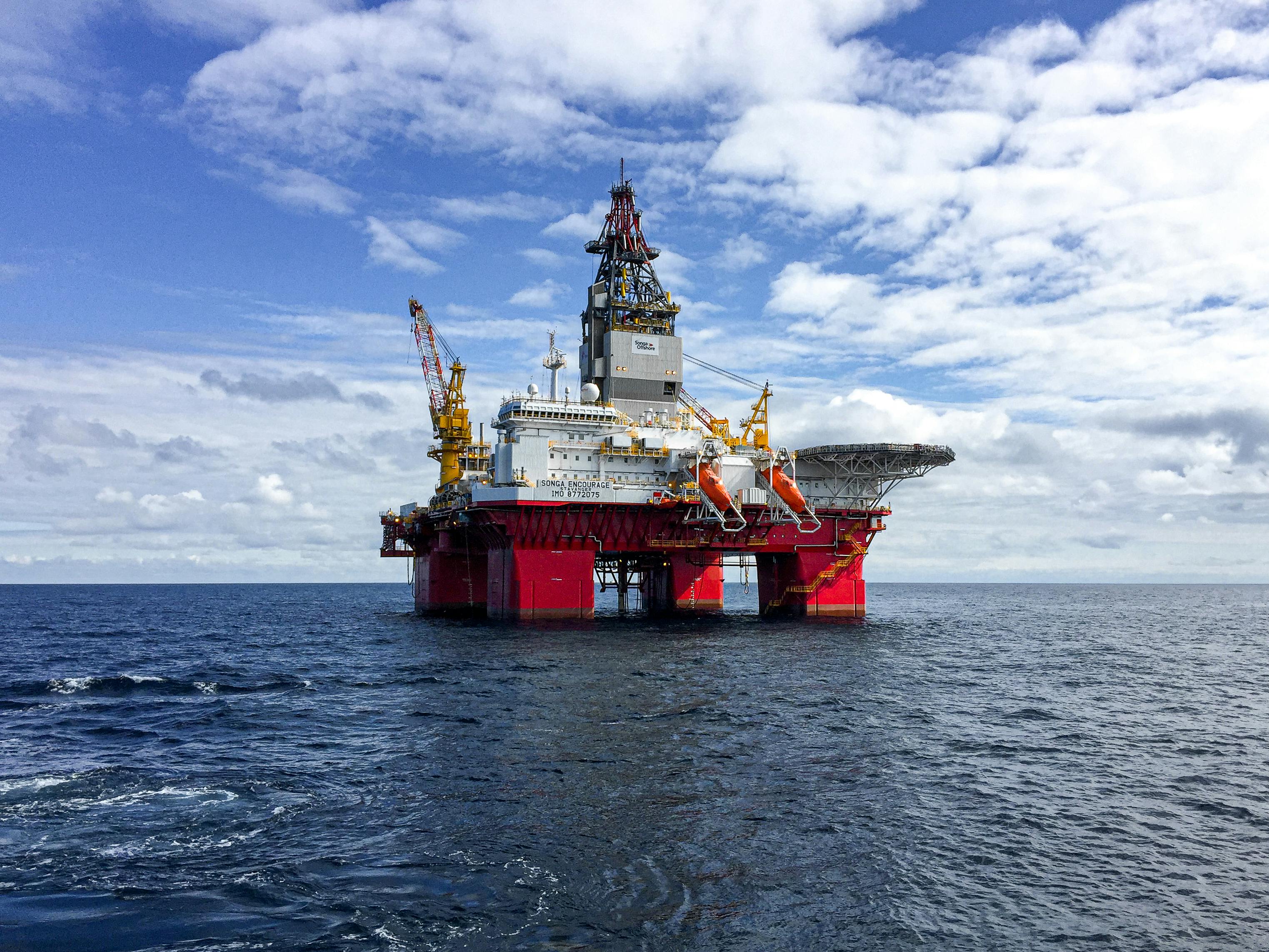A reservoir in the North Sea is challenging to produce due to solids influxes. Under certain physical conditions taking place in the formation, solids can enter the production liner and block it or erode certain elements of the pipe network. This causes important disruptions in the production of hydrocarbons, as well as economical losses due to the cost of deferred production and costly well interventions.
Solution: our approach
The client assembled an interdisciplinary team that has adopted a holistic approach to investigate -and eventually avoid- solids influxes in this challenging field. The project approaches the problem by combining applied research, use of new technologies and data science. Expert Analytics scientists participate in all three phases of the project thanks to their long research experience and versatility. Our team has developed and deployed data science models in the client’s platforms (CDF, Azure and DOF) that are used by the asset engineers to monitor the status of their wells. In addition, our scientists are assessing the client in the use of new technologies for solids detection, evaluating different vendors, and collaborating with them to propose tailored improvements to their products. Finally, we are also responsible for designing the laboratory experiments to study the properties of the flow under controlled conditions.
Results
Early solids detection allows for key decision support in the asset’s daily operations. Our tools allow for increased production (by having a real time insight into the current conditions of the wells engineers can make informed decisions on production optimization) and decreased unnecessary downtime. The client estimates the impact of the implementation of the project in a 25% reduction in losses and cost related to solids influxes.
